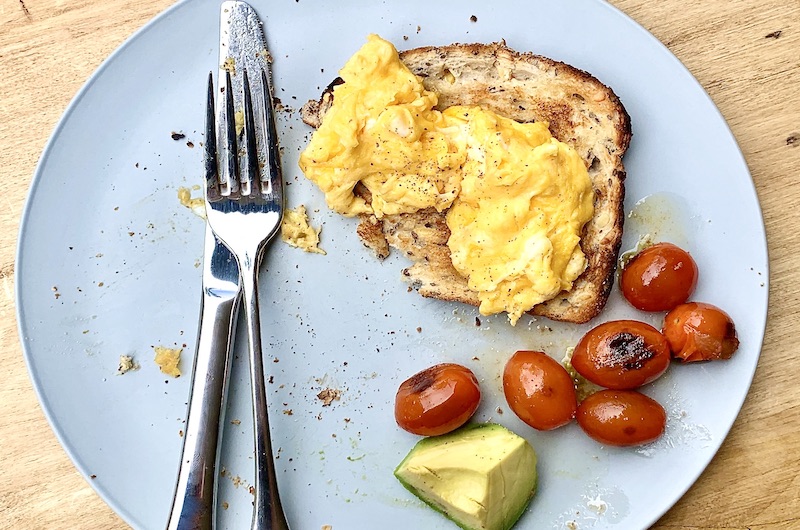Many older adults say they have reduced or no appetite during meals. It is often thought as a “normal” part of ageing due to the myth that food and nutrient requirements decrease with ageing. Nutrient requirements for vitamins and minerals remain unchanged. In fact, requirements for protein increase.
Many factors can cause a loss of appetite. These include reduced physical activity, medication, illness, loss of sense of taste and smell and difficulty with chewing or swallowing. Other factors include being unable to eat independently, loneliness and depression.
A reduced appetite can result in a decreased intake of food and nutrients. This can cause frailty, unplanned weight loss, nutrient deficiencies, risk of infections and falls, and reduced quality of life.
Here are some ways to improve appetite:
- Having a routine for mealtime. Don’t wait to eat until you are hungry.
- Offering finger foods such as chicken nuggets, fish fingers or sandwiches to reduce the need for cutlery.
- Focussing on smaller portion sizes of nutrient-dense foods and snacks. These could include full fat milk and yoghurt, cheese cubes or peanut butter on crackers.
- Managing chewing and swallowing issues with healthy soups (made from meats and vegetables) and smoothies (made from milk, yoghurt and fruits).
- Getting older adults involved with the menu choices and preparation.
- Supporting eating with others be it family, friends, neighbours, or local community groups.
Have a look at the resource “Eating well with a small appetite” for more.







